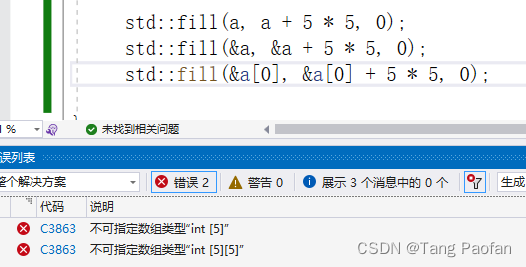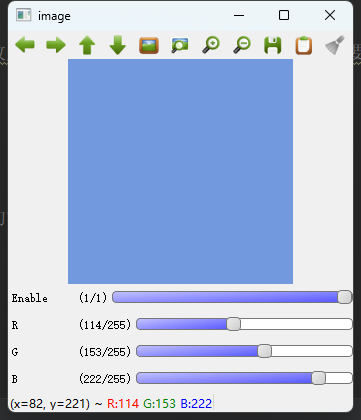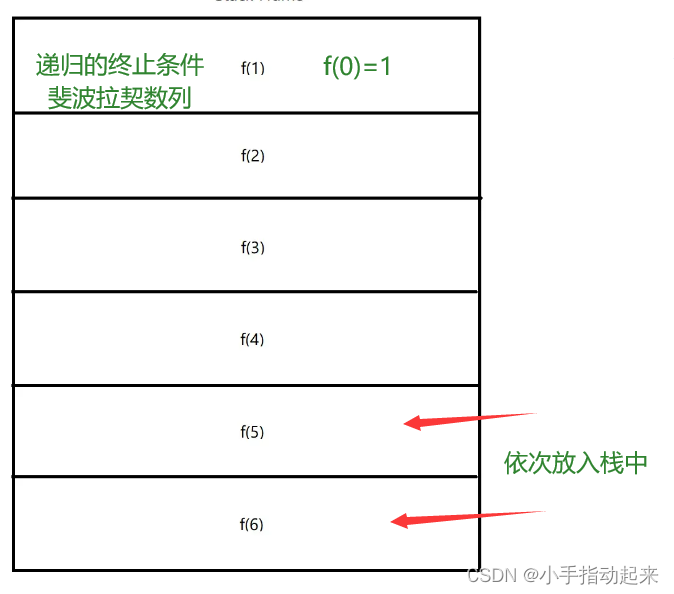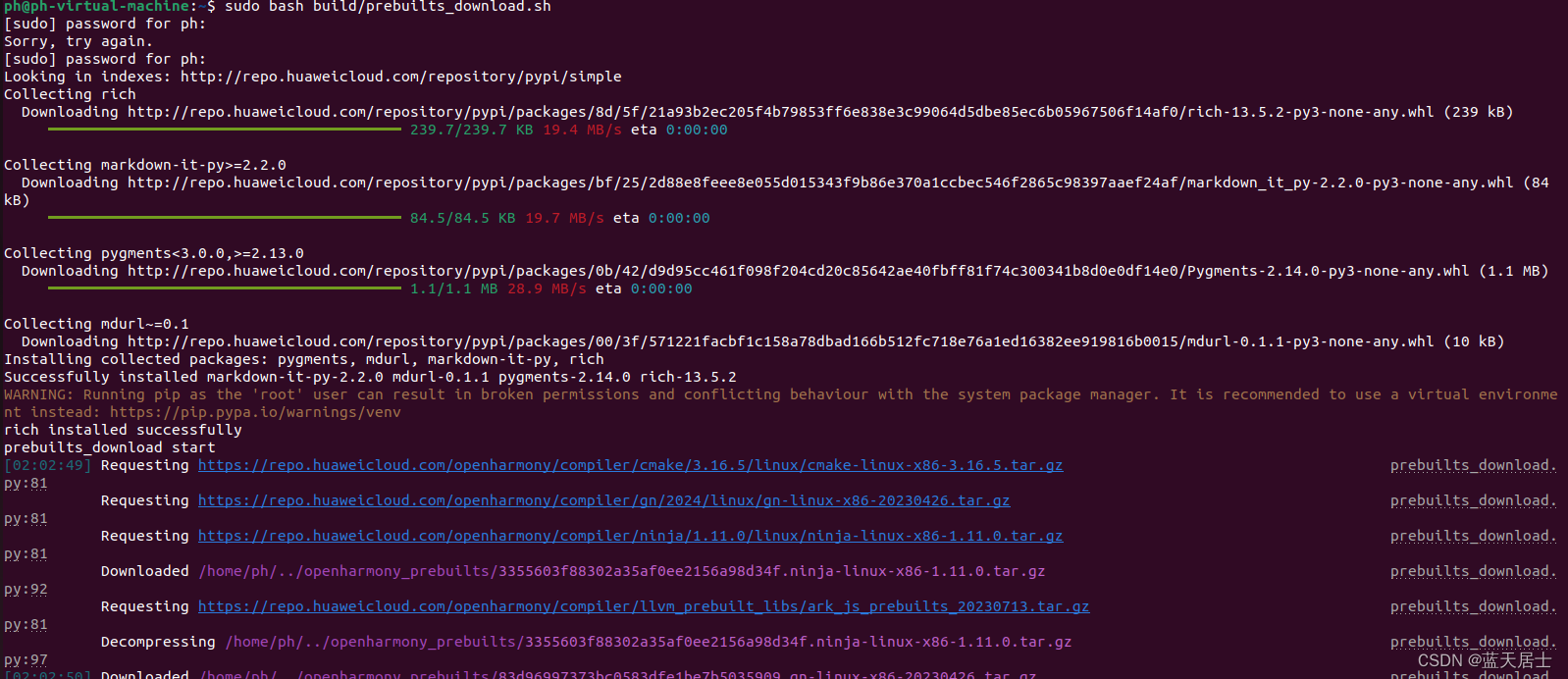https://blog.csdn.net/sandalphon4869/article/details/105404397
https://blog.csdn.net/liuchuo/article/details/52296646
https://blog.csdn.net/bulebin/article/details/105324515
https://blog.csdn.net/liuchuo/article/details/52296646
通常会填充字符串某些位置的值,第一反应是遍历,时间复杂度为O(n),其实也不算久,但是有更好的方法,耗时更少,下面介绍两种方法
方法1 memset
头文件
C:#include<string.h>
C++:#include<cstring> or #include<string.h>
函数原型
void *memset(void *_Dst, int _Val, size_t _Size)
- _Dst:填充内容起始地址
- _Val:要被设置的值。该值以int形式传递,但是函数在填充内存块时是使用该值的无符号字符形式
- _Size:填充字节数
PS:函数只能用来填充char型数组,如果填充int型数组,除了0和-1,其他数值不能(否则最后的赋值非你想象)
原因:memset中的val是采用无符号形式字符形式表示,即val为多少,只取一个低位字节
example:val = 124 = 0111 1100
memset(a, 124, sizeof(a));
a = {2088533116, 2088533116, …} = { 0111 1100 | 0111 1100 | 0111 1100 | 0111 1100, … }
至于为什么0和-1就可以了,建议看下二进制存储方式(补码)
int a[5];
memset(a, 0, sizeof(a));
memset(&a[0], 0, sizeof(a));
memset(a, 0, 5 * sizeof(int));
int a[5][5];
memset(a, 0, sizeof(a));
memset(a[0], 0, sizeof(a));
memset(&a[0][0], 0, sizeof(a));
memset(a, 0, 25 * sizeof(int));
方法2 fill
头文件
#include <iostream>
函数原型
template <class ForwardIterator, class T> void fill (ForwardIterator first, ForwardIterator last, const T& val) { while (first != last) { *first = val; ++first; } }first:起始迭代器
last:结束迭代器,注意不包含最后一个元素
val:填充的值
PS:fill不仅可以对数组赋值,也可以对vector赋值
example:
int a[5];
fill(a, a + 5, 0);
fill(&a[0], a + 5, 0);
fill(&a[0], &a[5], 1); // 因为是"不到last"
fill(&a[0], a + sizeof(a) / sizeof(int), 1);
fill(&a[0], a + sizeof(a) / sizeof(a[0]), 1);
int a[5][5];
// fill(a, a + 5 * 5, 0); // 报错,'const int' to 'int [5]'
// fill(&a, &a + 5 * 5, 0); // 报错,'const int' to 'int [5][5]'
// fill(&a[0], &a[0] + 5 * 5, 0); // 报错,'const int' to 'int [5]'
fill(a[0], a[0] + 5 * 5, 0);
fill(&a[0][0], &a[5][5], 0);
fill(&a[0][0], &a[0][0] + 5 * 5, 0);
fill(&a[0][0], &a[0][0] + sizeof(a) / sizeof(int), 0);




















